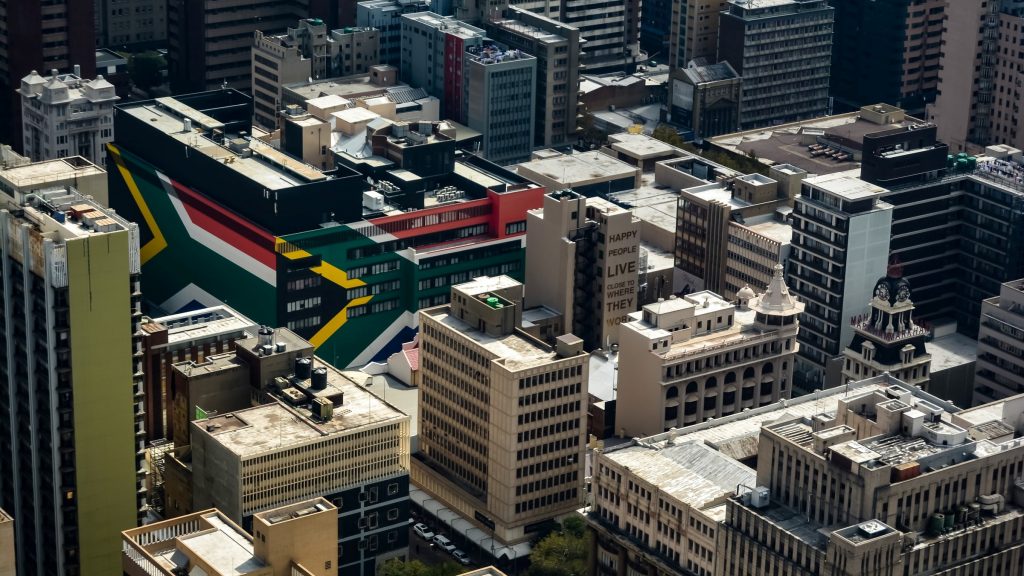We all have them. Those apps we open without thinking. Not because we need anything in particular, but because they feel… safe, in some…
Cape Town tumbles down Global Cities Index

This year’s edition of the Kearney Annual Global Cities report once again offers key insights on how COVID-19 and the resulting pandemic response has impacted the level of global engagement of 156 cities around the world. In 2020 the report revealed a volatile, increasingly fragmented environment characterised by fierce competition among cities for status.
Out of the 13 African cities that were included in the study, Johannesburg remained the highest staying in 55th place.
Cairo climbed five points placing them at 59th which retained their second-place raking within the Africa countries. The report however showed that Cape Town which ranked 77th last year dropped four places and now ranks at 81st. Addis Ababa moved up eight places, propelled by Ethiopia’s development investments that have supported rapid economic growth.
Even with some of the bigger African cities dropping position, this year’s results show divergence in the trajectories of the most economically-advanced cities and those in developing and emerging regions – which showed improvement over the previous year.
“The 2020 report provided a perspective on where the world was just before the impact of COVID-19 was felt. In this year’s report, the data used – collected from 2020 and early 2021 publications – provides a view of the impact of the first year of the pandemic. It also sheds light on the different recovery trajectories across the world’s global cities,” says Prashaen Reddy, a partner at global management consulting firm, Kearney.
The report outlined five strategic steps cities can take to address the challenges they share:
- Win in the competition for global talent
- Embrace the rapidly growing digital economy
- Ensure economic resilience by balancing global and local resources
- Adapt in the face of climate change
- Invest in individual and community well-being
“In the coming year, we expect the divergence among global cities to widen. While global cities that are already showing signs of economic recovery are likely to continue their upward trends, lower-scoring and less-connected global cities will likely drop in our rankings next year as the full effect of the pandemic is reflected in the metrics used for measurement, particularly given the uneven distribution of vaccines around the world,” he continues.
“Nevertheless, the unprecedented global efforts in vaccine development and production have hastened a return to some form of normalcy, partial and fragmented as it is. As cities enter this new phase, they are armed with real-world experience and better science, enabling leaders to better navigate the ongoing turmoil,” says Reddy.


